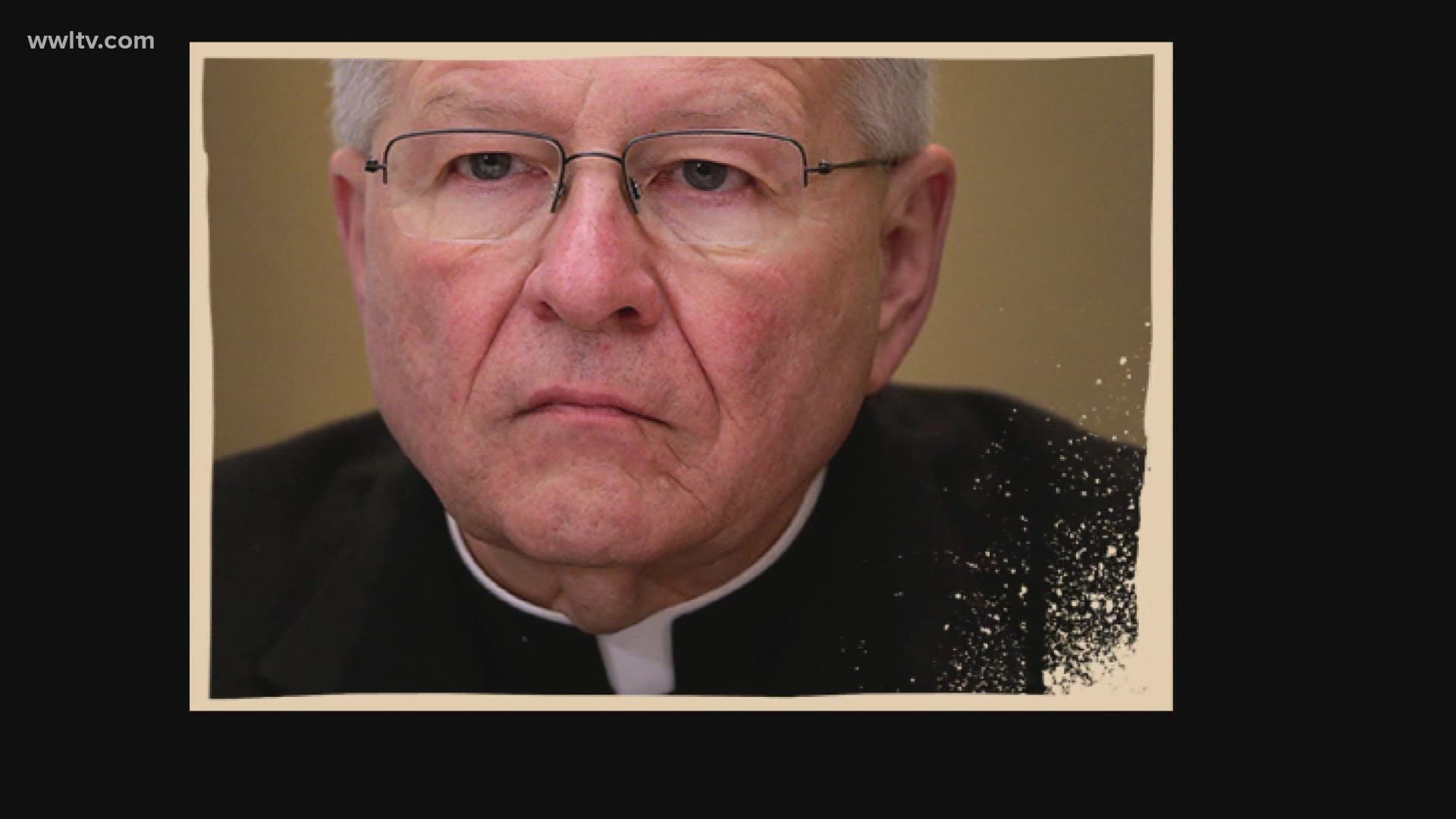NEW ORLEANS — A federal bankruptcy judge set a deadline of March 1, 2021, for victims of sex abuse by Catholic clergy to file compensation claims against the Archdiocese of New Orleans.
The deadline, known as a “bar date,” comes 10 months after the archdiocese filed for Chapter 11 bankruptcy protection on May 1. A bar date is a standard part of any bankruptcy, but setting this one has been controversial and contentious.
Federal Bankruptcy Judge Meredith Grabill ended a 5-hour marathon court hearing held via teleconference Thursday by setting the March 1 bar date, saying she decided to “split the baby” between the Jan. 29 and March 31 deadlines requested by the archdiocese and a the creditors, respectively.
Non-abuse claimants, such as vendors that have business with the archdiocese, have until Nov. 30, 2020, to file their claims.
The church and its creditors have argued angrily about setting a bar date for months. The archdiocese says it has every interest in paying all legitimate claims, but creditors claim the church can’t be trusted. They say the Archdiocese of New Orleans has plenty of money and filed for bankruptcy in “bad faith” to keep further evidence of abuse from coming out in court.
The archdiocese had about three dozen sex abuse cases moved from state to federal court so they would be stopped pending the bankruptcy. That meant Archbishop Greg Aymond didn’t have to testify under oath in a deposition that was already scheduled for later in May.
Since then, WWL-TV’s “Losing Faith” investigation has highlighted allegations against priests who were left off Aymond’s list of more than 60 credibly accused clergy. Aymond added the name of one priest, Brian Highfill, last month after WWL-TV and its partners at The Times-Picayune | New Orleans Advocate asked about formal complaints that the church initially said were not in Highfill’s file.
That’s part of why attorneys for known abuse victims argued the church should be required to do more than typically required for debtors to reach out to potential claimants who have not yet come forward. Several abuse victims who spoke to WWL-TV did not come forward until they saw the name of their abuser on Aymond’s list, which he released in November 2018.
Other dioceses have seen abuse claims skyrocket after a bar date was set in their bankruptcies. The two sides in the New Orleans case spent hours Thursday arguing about how much the archdiocese must do to advertise the bar date and encourage new victims to come forward.
Grabill, for example, ordered the church to include the creditors’ web address in their public notices, offering potential victims the chance to see a broader list of accused clergy than the archdiocese acknowledges on its official list. But the judge did not grant the creditors’ request to make the archdiocese find addresses for and mail notices to some 200,000 alumni of Catholic schools where pedophile priests worked. She also rejected one attorney’s argument that a bar date shouldn’t be set at all during the coronavirus pandemic.
RELATED: New Orleans' archdiocese adds priest to credibly accused list after almost 2 decades of allegations
The archdiocese said it planned to advertise the bar date in 27 Louisiana newspapers, a national periodical and online.
An expert hired by the creditors said television and radio advertisements would have more reach and would be more cost-effective for the archdiocese.
Grabill has not ruled on a request from clergy abuse claimants to dismiss the church’s bankruptcy case entirely.
Kevin Bourgeois, an abuse victim and leader of the New Orleans chapter of SNAP, the Survivors’ Network for those Abused by Priests, was disappointed that Grabill didn’t provide more time before barring future claims. He called on the bankruptcy judge to force Aymond to release priests’ secret files that the archbishop maintains under canon law.
► Get breaking news from your neighborhood delivered directly to you by downloading the new FREE WWL-TV News app now in the IOS App Store or Google Play.

